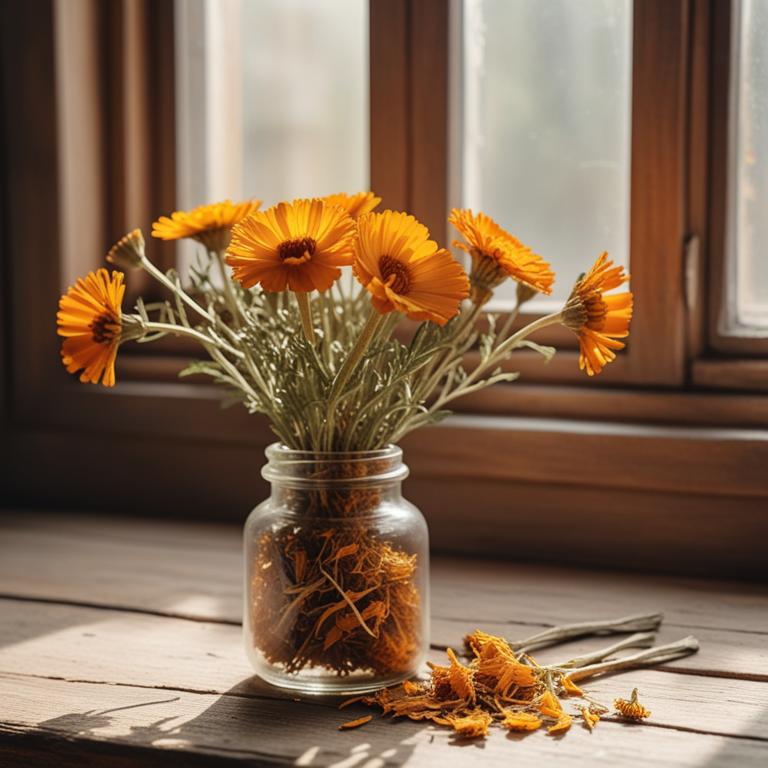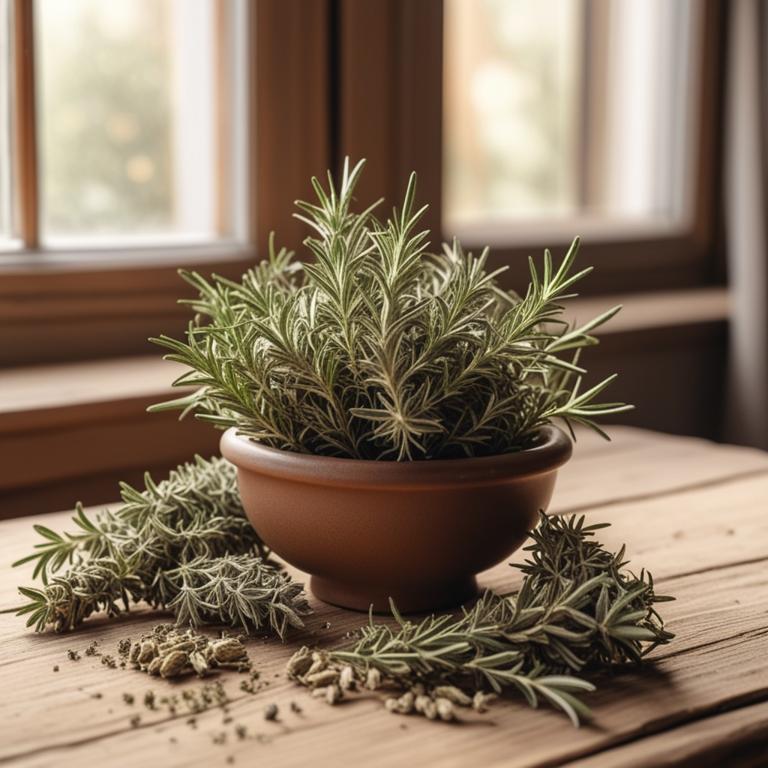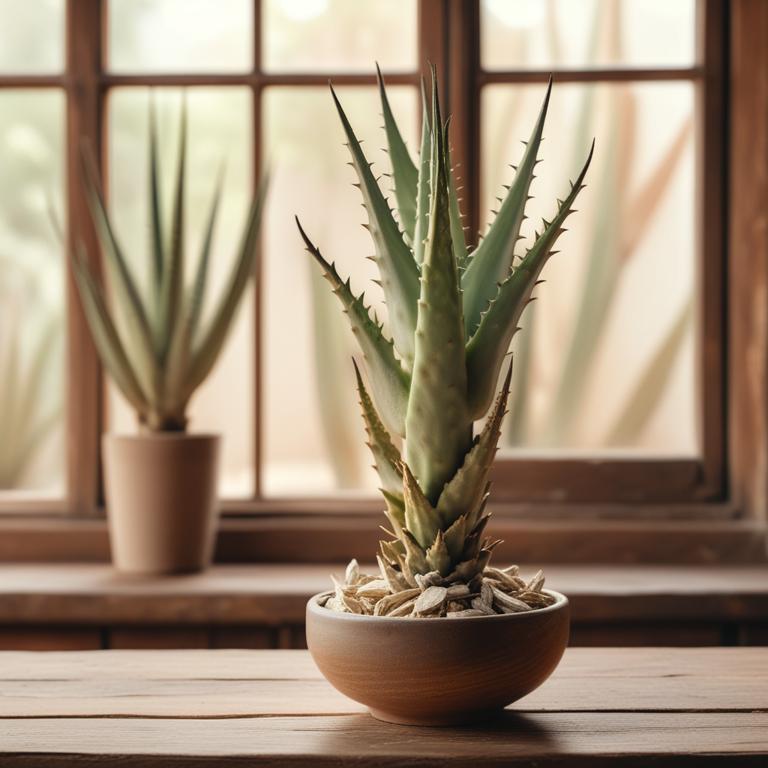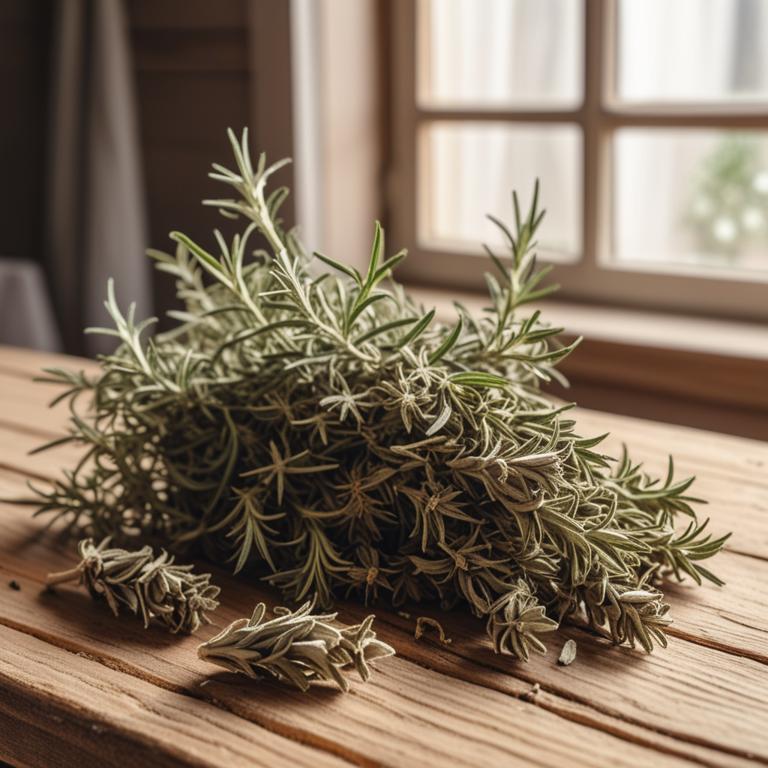Updated: Dec 1, 2024
The Causes and Medicinal Herbs for Boils Treatment
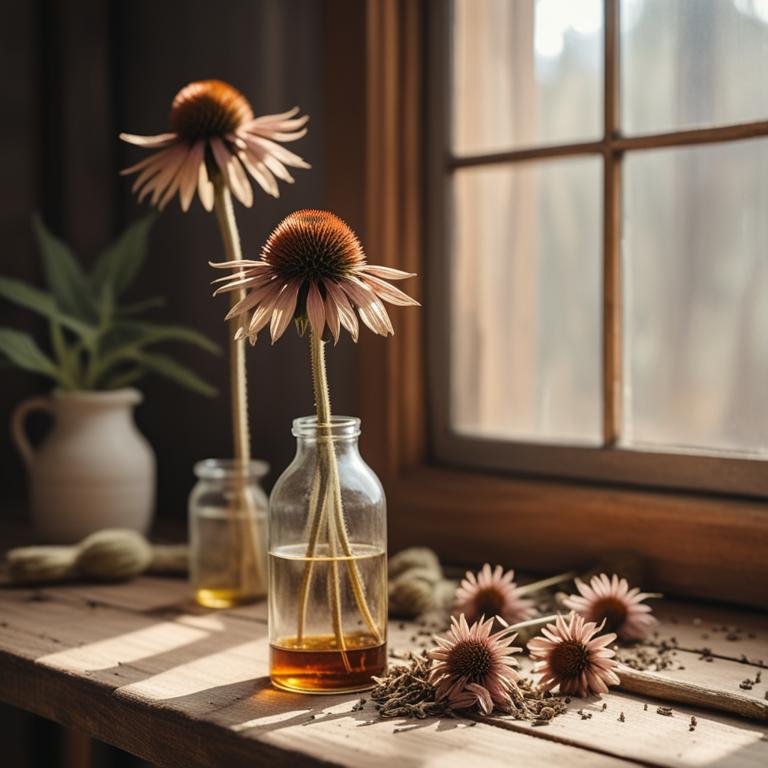
Boils are painful, pus-filled bumps on the skin that can make everyday life uncomfortable.
They're usually caused by bacterial infections, but sometimes they can be triggered by stress, poor hygiene, or certain medical conditions. When you get a boil, it can be painful and swollen, making it hard to move or dress. Boils can be caused by the bacteria Staphylococcus aureus, which is common on the skin and in the nose. When this bacteria gets into a skin pore, it can cause an infection and lead to a boil. Poor hygiene, sharing personal items, and touching infected skin can spread the bacteria and cause more boils.
Herbal remedies can help soothe and heal boils. Plantain, calendula, and tea tree oil are known for their antibacterial and anti-inflammatory properties, which can help reduce swelling and fight off infections. You can make a tea by steeping dried plantain leaves in hot water, or apply a calendula salve directly to the boil. Some herbal preparations for boils include a tea made from plantain and chamomile, which can help calm the skin and reduce pain. You can also apply a compress soaked in tea tree oil to the boil to help draw out the infection.
A salve made from calendula and aloe vera can help soothe and moisturize the skin, promoting healing.
Table of Contents
What triggers the appearance of boils?
The main causes of boils are usually related to infections or irritations on the skin.
A common cause is a Staph Infection, which occurs when the bacteria Staphylococcus aureus enters the skin through a cut or wound and causes a painful and swollen boil. Bacterial Infections can also cause boils, often due to poor hygiene or sharing personal items.
Folliculitis is another cause, where a bacterial or fungal infection of the hair follicle leads to a boil. Ingrown Hairs can cause boils too, as the hair grows back into the skin, causing irritation and infection. Skin Irritation, often caused by friction or tight clothing, can also lead to boils.
Lastly, Hygiene Issues, such as not washing hands regularly or sharing personal items, can contribute to the development of boils.
What benefits do herbs provide when used to treat boils?
Using herbs to treat boils can be very helpful.
They can reduce the swelling and pain caused by the boil. Herbs can also help to draw out the pus and bacteria that are causing the boil, which can speed up the healing process.
Some herbs have antibacterial properties, which can help to prevent infection and promote healing. They can also help to soothe the skin and reduce redness. Additionally, herbs can be applied topically to the affected area, making them a convenient and non-invasive treatment option.
They can also be consumed as a tea or taken internally to help support the body's natural healing processes.
What medicinal herbs are commonly recommended for boils?
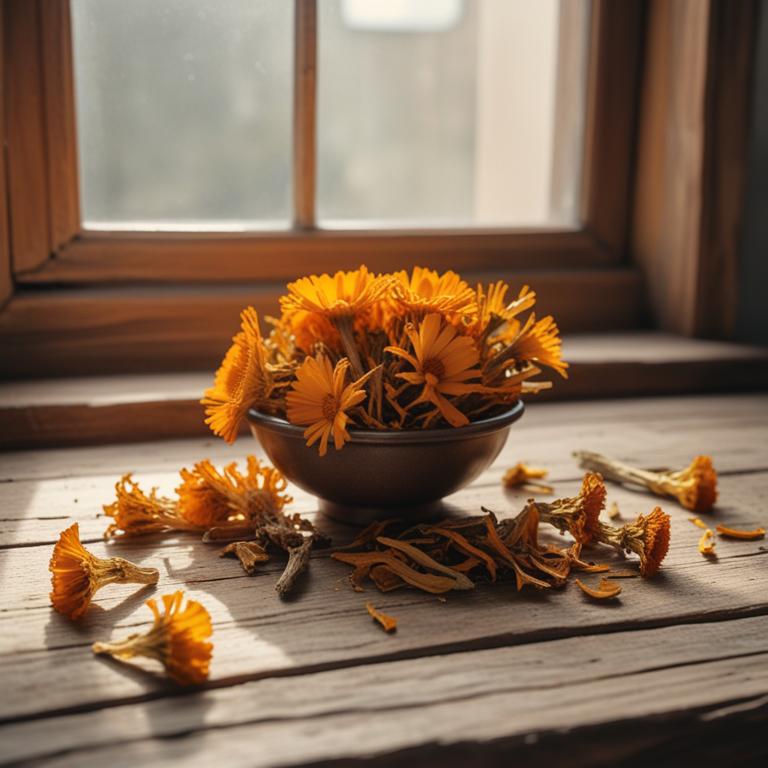
Herbs can be really helpful in treating boils.
One herb that's often used is Calendula officinalis, also known as marigold. It has anti-inflammatory properties that can help reduce the swelling and pain associated with boils. It also has antimicrobial properties, which can help prevent infection and promote healing. Another herb that's often used is Melaleuca alternifolia, or tea tree oil. It has strong antimicrobial properties that can help combat bacteria and other germs that can cause infection and prolong healing. When applied topically, it can help reduce the size and inflammation of the boil, making it less painful and less likely to spread. Aloe vera is also a popular choice for treating boils. Its soothing and moisturizing properties can help calm the skin and reduce inflammation, making it easier to heal.
It also has antimicrobial properties that can help prevent infection and promote healing. Lavandula angustifolia, or lavender, is another herb that's often used to help treat boils. Its calming and soothing properties can help reduce anxiety and stress, which can make the healing process easier. It also has antimicrobial properties that can help prevent infection and promote healing. Hypericum perforatum, or St. John's Wort, has been used for centuries to treat a variety of skin conditions, including boils. It has anti-inflammatory and antimicrobial properties that can help reduce swelling and pain, and prevent infection. It also has antiseptic properties that can help clean the wound and promote healing. When using herbs to treat boils, it's essential to apply them topically and in moderation. You can make a paste or a compress using the herb, or add a few drops of essential oil to a carrier oil.
Always do a patch test before using any new herb or essential oil to ensure you don't have any sensitivity or allergic reactions.
What are the commonly used herbal treatments for boils?
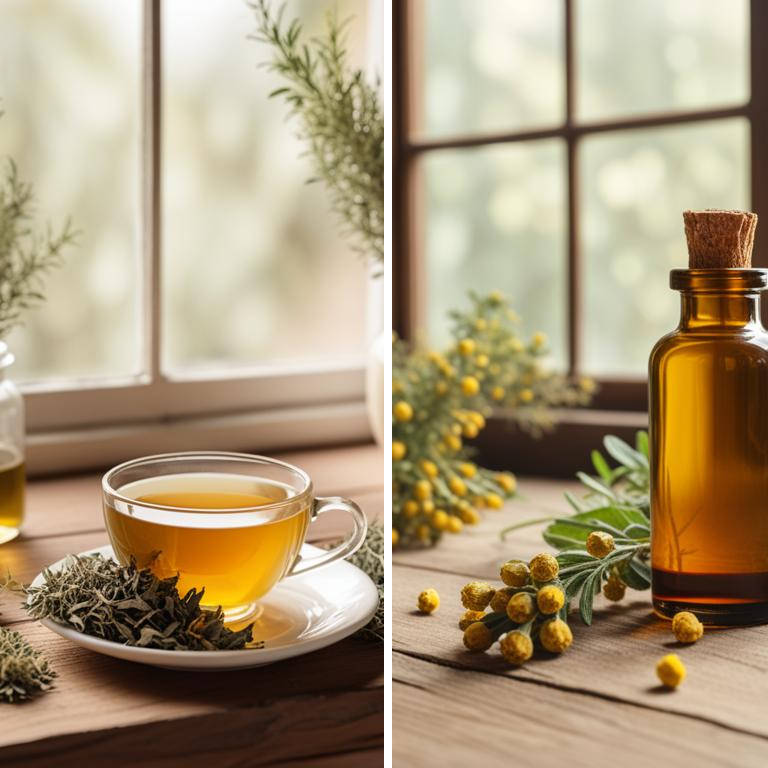
Herbal preparations can be really helpful in treating boils.
A decoction is a liquid extract made by steeping herbs in hot water, which helps to bring out the active ingredients. For boils, a decoction of herbs like calendula, plantain, or tea tree can be applied topically to reduce swelling and fight infection. A tea made from herbs like echinacea or goldenseal can be used as a compress to apply directly to the boil. The warm liquid can help bring down the temperature and reduce pain. Herbal salves, which are topical creams or ointments, can also be used to treat boils.
These salves are usually made with antibacterial herbs like neem or aloe vera, which can help combat infection and promote healing. Some herbal tinctures, which are concentrated liquid extracts, can be applied directly to the boil or taken internally to help fight infection and reduce inflammation. However, it's essential to use them under the guidance of a healthcare professional. A poultice is a paste made from crushed herbs, usually applied directly to the boil. Poultices can help draw out the infection and reduce swelling.
For example, a poultice made from plantain or calendula can be used to treat boils, as these herbs have anti-inflammatory and antiseptic properties that can help soothe and heal the skin.
Additional Resources:
What herbs are not recommended for people with boils?
If you have boils, it's best to be careful with certain herbs that might make things worse.
Glycyrrhiza glabra, also known as licorice root, can actually increase inflammation in your body, which can worsen the boil. This is because it has anti-inflammatory properties, but in the case of boils, it might not be the right kind of inflammation reduction. Echinacea purpurea, or coneflower, is often used to boost the immune system, but when you have an active boil, you don't want to stimulate your immune system too much. This can cause more swelling and discomfort.
Ginkgo biloba is known for its ability to thin the blood, which can lead to bleeding and infection in an open boil. This is especially concerning if you're already dealing with an infected boil. Zingiber officinale, or ginger, is another herb that can thin the blood and make it harder for wounds to heal. This is the opposite of what you want when you have a boil - you want it to heal quickly and cleanly. Lastly, Eucalyptus globulus, or eucalyptus oil, is often used to reduce inflammation, but it can also cause skin irritation and allergic reactions.
If you have a boil, you might already be experiencing skin irritation, so using eucalyptus oil could make things worse.
FAQ
Are there any specific herbs that can prevent boils?
To prevent boils, some people use herbs like tea tree oil, which has antibacterial properties.
Echinacea is another herb that can help boost the immune system and fight off infections. Aloe vera can also be used to soothe and calm the skin, reducing the risk of boils.
These herbs can be applied topically or consumed as supplements.
Is it safe to use herbal remedies for boils during pregnancy?
During pregnancy, it's essential to be cautious with herbal remedies.
Some herbs, like tea tree oil and aloe vera, have antibacterial properties that can help soothe boils. However, others like pennyroyal and sage can cause problems, especially if used in large amounts.
Always read the label and follow instructions carefully.
Are there any herbs that can reduce the frequency of boils?
Tea tree oil, found in some herbs, has antibacterial properties that may help reduce the frequency of boils.
Some people find relief by applying a mixture of tea tree oil and a carrier oil to the affected area.
This can help soothe and calm the skin, reducing inflammation and promoting healing.
Can i combine different herbal remedies for boils?
You can combine different herbal remedies for boils, but use them in moderation.
For example, you might try mixing tea tree oil with aloe vera gel to help soothe and heal the boil. However, be cautious when using multiple remedies together, as they can have different effects on your skin.
Start with small amounts and observe how your skin reacts.
Related Articles
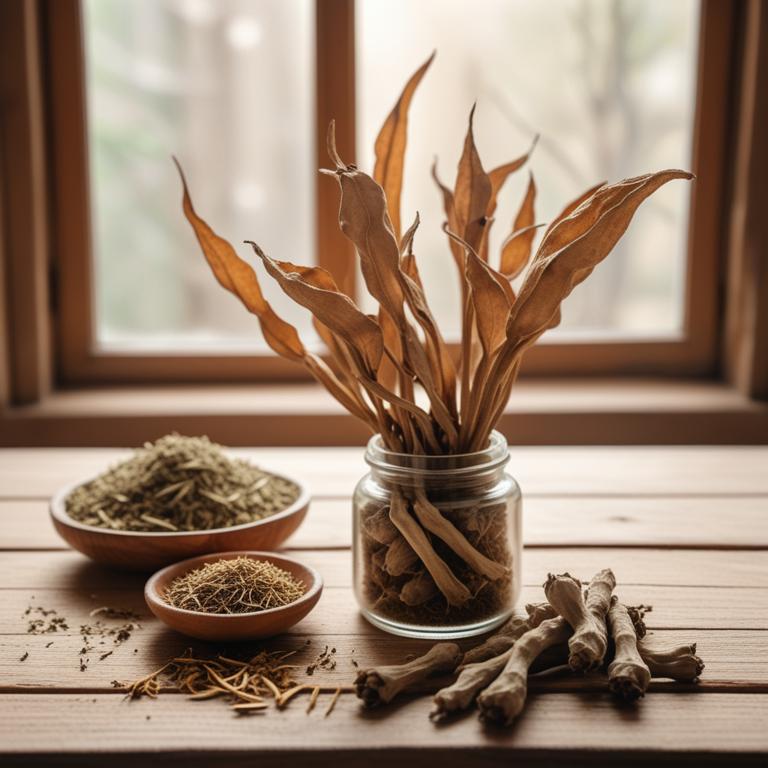
Tooth Decay: Causes, Prevention, and Herbal Preparations
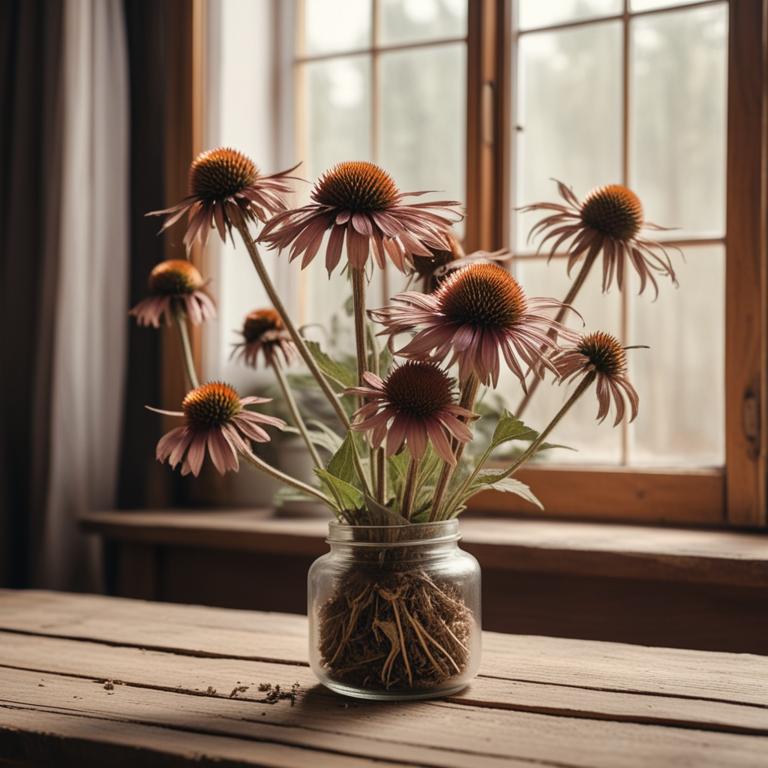
Causes and Herbal Remedies for Bleeding Spots in Mouth: A Comprehensive Guide
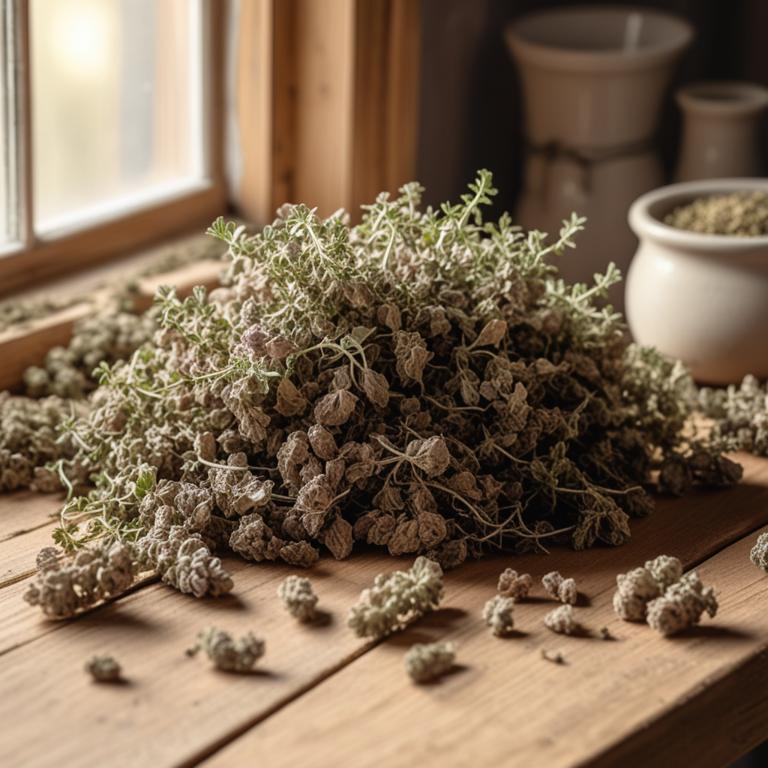
Open Pores: The Causes, Medicinal Herbs, and Herbal Remedies for Healthy Skin
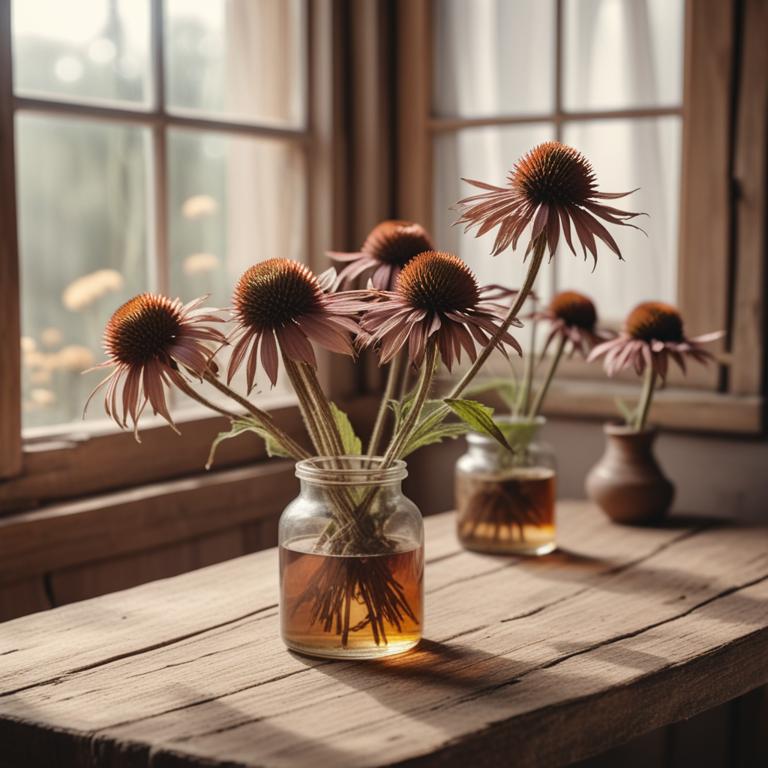
Nose Bleeding: Causes and Alternative Therapies with Medicinal Herbs
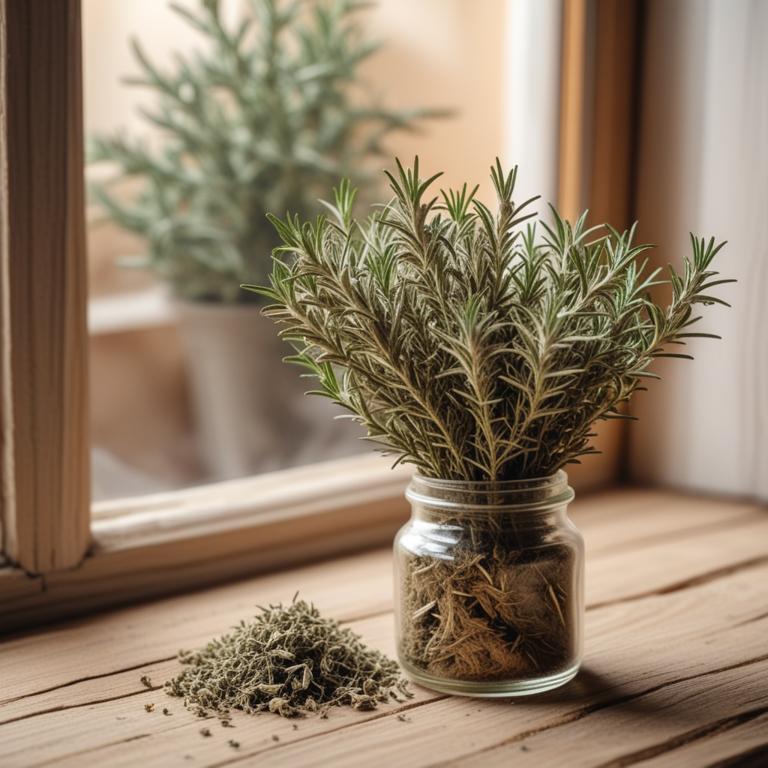
Oily Face: Causes and Natural Remedies Using Medicinal Herbs and Herbal Preparations
